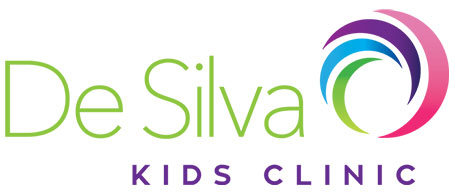Bilingualism is the ability to speak two languages. There are many benefits of being bilingual including:
- Coming up with solutions to problems
- Good listening skills
- Connecting with others
- Use information in new ways
- Ability to learn new words easily
- Break down words by sounds, such as C-A-T for cat
Below are some myths that you, as a parent, teacher or professional, may have about bilingualism.
Q) My child is bilingual. Will bilingualism cause language delay?
Bilingualism itself does not cause language delay. Bilingual children may say their first words slightly later than monolingual children, but still in the normal range. Bilingual children also develop grammar along the same patterns as children who learn one language.
Q) My child mixes their language when speaking. Are they confused and having trouble becoming bilingual?
When your child uses both languages in a conversation, this is called ‘code switching’ or ‘code mixing’. This is a natural part of being bilingual and should be expected in bilingual children.
Q) Should I stop speaking my home language with my child if I want him/her to speak the dominant language?
Research shows that children can easily learn a second language if they have a strong foundation in their home language. There is no evidence that your child will learn a second language if it is frequently used in the home.
Some parents who are not fluent in the majority language may attempt to speak to their child because they want their child to learn that language. But this can result in conversations and interactions that do not feel natural or comfortable between parent and child.
Q) How can I support a bilingual child?
Some ways to support your child’s bilingualism:
- Do what feels comfortable for you and your family
- Avoid speaking a language with your child if you are not comfortable or fluent in that language
- Provide your child with as many opportunities to speak, hear, play and interact in your home language. Examples include:
- Read and tell stories
- Play games, such as bingo or memory
- Sing songs
- Dance and play music
- Speak to family members
- Organise play time with other children who speak same language
- Listen to the radio
- Get creative – incorporate the language into your child’s interests. If your child is interested in cooking, then use a cook book written in your language.
Don’t give up! Some days, your child may not want to speak in your native language. But just hearing you speak your native language will help your child learn it.
Written by Didem Karademir, Speech Pathologist.



